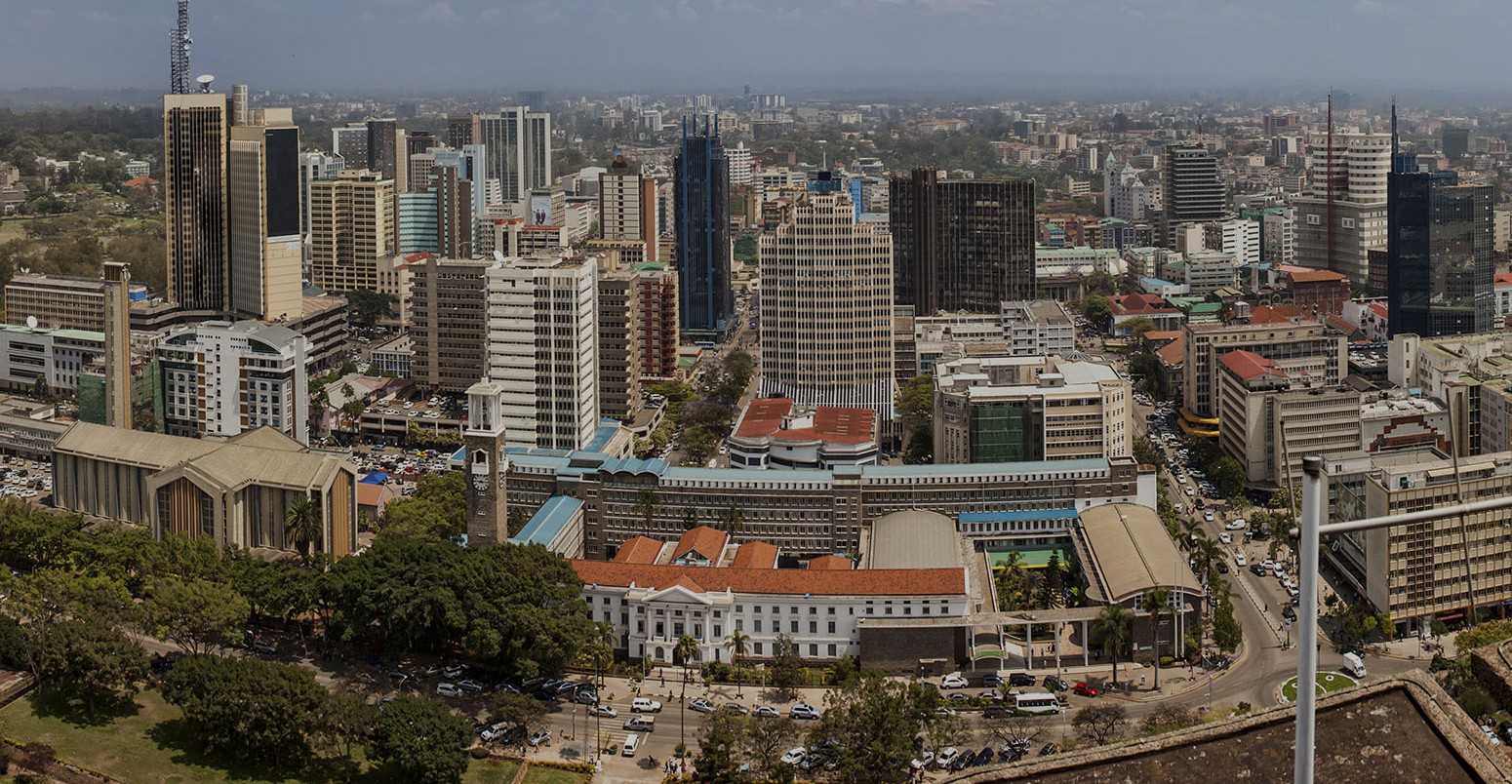
Long-term economic shocks imply taking strong, early action on climate change, study shows
Mat Hope
01.12.15Mat Hope
12.01.2015 | 4:00pmPolicymakers need to take significant, early action to tackle climate change if they are to avoid lasting damage to the global economy, a new study suggests.
The paper, published in Nature Climate Change today, shows that poor countries are particularly vulnerable to long-term economic shocks associated with a warming world. The results bolster the sense of increasing urgency surrounding international climate negotiations.
UN secretary general Ban Ki-moon today called for politicians to “aim high” at this year’s Paris negotiations. Writing in the Guardian, he said that today’s generation is the “last that can take steps to avoid the worst impacts of climate change”.
Long-term economic shocks
The new research by two Stanford University academics models the impacts of rising temperatures on countries’ economies. It says previous models underestimate the long-term economic shocks associated with climate change.
Models currently struggle to quantify all the likely economic impacts of climate change. The Stanford University study tries to improve them by broadening the economic impacts they include.
Most models calculate the economic impact of global warming in the year that the temperature rise occurs. But, in the real world, that’s unlikely to be the full story.
For instance, extreme weather events related to climate change could damage infrastructure, such as electricity networks, having a longer term impact on the economy. Likewise, the investment environment may alter as investors divert resources to deal with the impacts of climate rather than investing in activities that could help a country’s economy grow.
Today’s paper takes a well known climate economics model, Yale professor William Nordhaus’ DICE model, and adjusts it to account for these longer term impacts.
The adapted model shows that the social impact of emitting one additional tonne of carbon dioxide today, known as the “social cost of carbon dioxide”, may be much higher than previously thought. It estimates that the average social cost of carbon dioxide is around $220 per tonne. In a scenario that doesn’t account for the long-term economic impact of climate change, it’s closer to $33.
Poor countries hit hardest
Poor countries are most vulnerable to the economic shocks associated with rising temperatures, the model shows, echoing last year’s Intergovernmental Panel on Climate Change (IPCC) report. The Stanford study suggests that the best way to avoid these impacts is to significantly cut emissions as early as possible.
Poorer countries are at a disadvantage because they are generally hotter already. Their economies also tend to rely on sectors that are particularly exposed to climate change, such as agriculture or natural resource extraction. That means climate change could cut poor countries’ average annual growth rate from 3.2 per cent to 2.6 per cent, the research suggests.
Poor countries may be able to better absorb the impacts of climate change if they become richer, the research says. But their economies are very sensitive to each additional degree of temperature change. So the world shouldn’t chase economic development with no regard for emissions.
Instead, policymakers should take strong, early action to cut emissions and avoid the worst impacts of climate change, it says. The paper doesn’t specify whose responsibility it would be to make the majority of emissions reductions, just that “more stringent mitigation” is required once the long-term impacts are taken into account.
That would require the world to become almost zero carbon by 2030, stabilising temperatures at about 1.5 degrees above pre-industrial levels, the model suggests. Even in scenarios where countries adapt effectively to the impacts of climate change, the world needs to be zero carbon by 2070.
That’s a long way from the world’s current emissions path. The IPCC has previously said the world should aim to be zero carbon by 2100.
Uncertainty
The study acknowledges that there’s still a lot of uncertainty around this sort of modelling. For instance, it’s hard to know precisely what the impacts of climate change will be, and when and where they may hit.
But such research is still useful as it shows the huge amount of action required to cut emissions, if the worst economic impacts of climate change are to be avoided. It also helps to establish the economic incentive to do so by quantifying – albeit, with large uncertainties – the cost of the social impacts of climate change.
Today’s paper shows the incentive may be greater than previously thought, with poor countries facing the biggest economic threats of all.
Main image: Aerial panorama of Nairobi, Kenya.
-
Long-term economic shocks imply taking strong, early action on climate change, study shows

